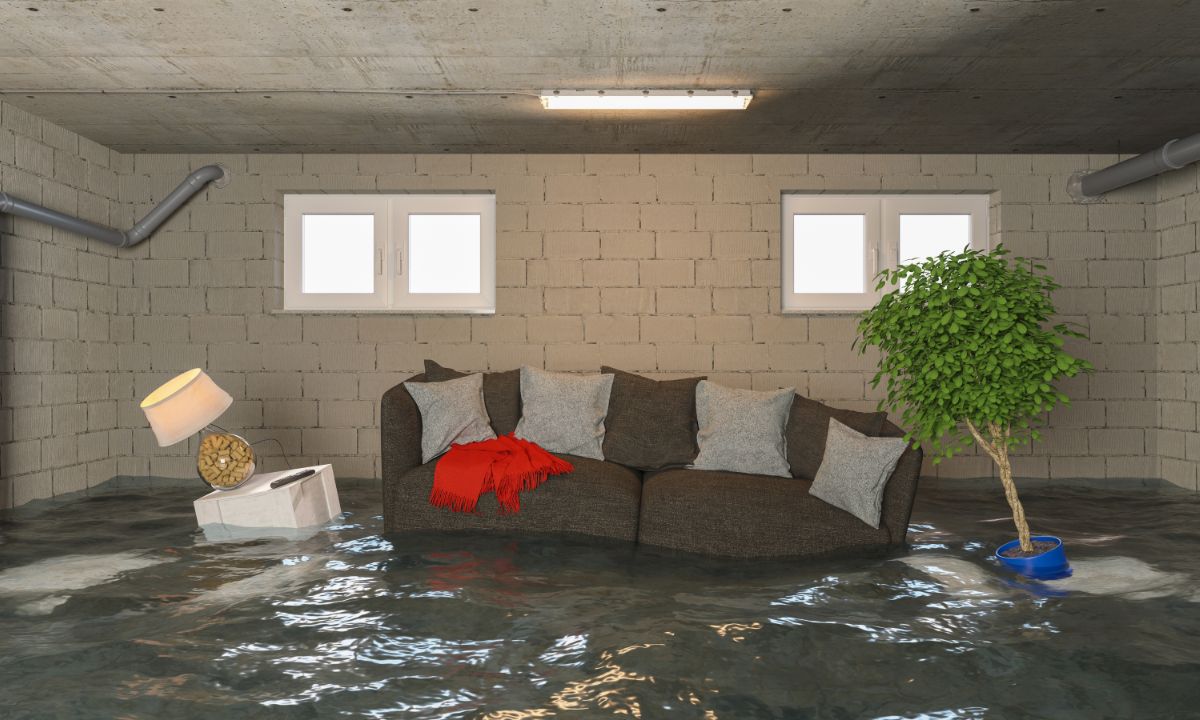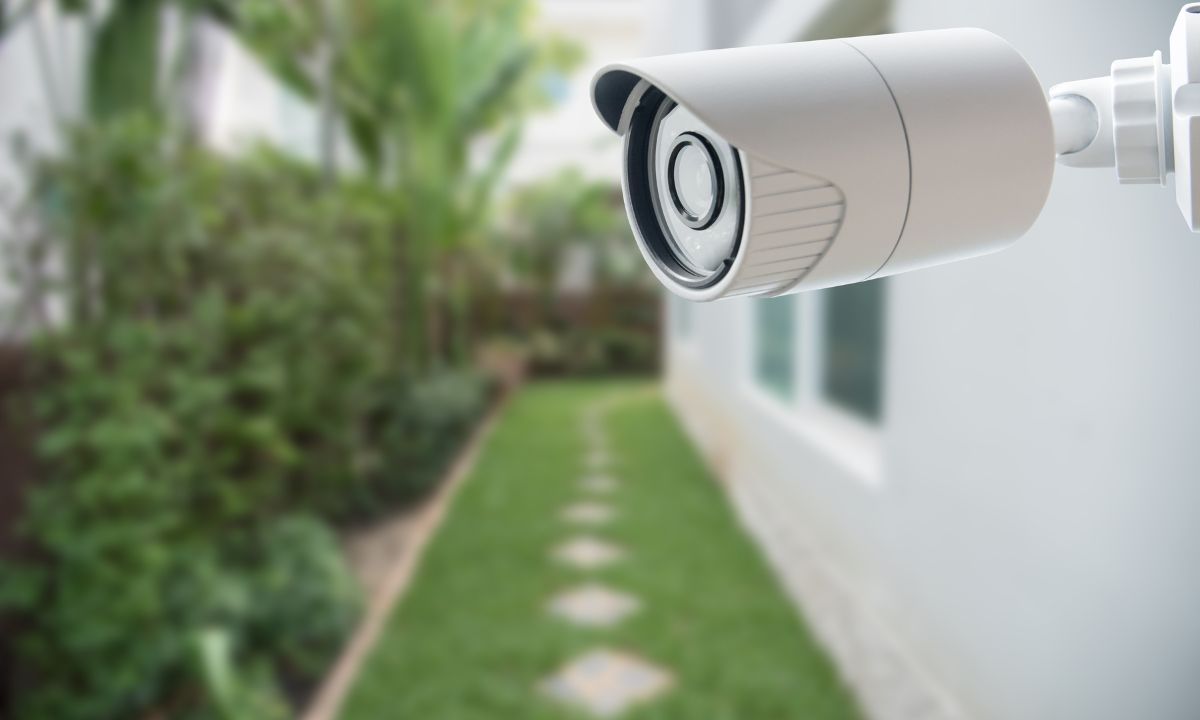 As a homeowner, protecting your property from water damage is essential to maintaining your home’s value. Water is one of the most destructive forces that can affect your home, but with a little proactive care, you can significantly reduce the risk of costly repairs. Here are some practical tips to help you prevent water damage and keep your home in top condition:
As a homeowner, protecting your property from water damage is essential to maintaining your home’s value. Water is one of the most destructive forces that can affect your home, but with a little proactive care, you can significantly reduce the risk of costly repairs. Here are some practical tips to help you prevent water damage and keep your home in top condition:
1. Watch for Early Signs of Water Damage
Catching water damage early can save you a lot of trouble down the line. Keep an eye out for light brown stains or soft spots on your walls and floors, especially around bathrooms, kitchens, and laundry rooms. If you notice discoloration, mold, or areas that sink in when touched, these could be signs of leaking pipes or appliances. A sudden drop in water pressure or a spike in your water bill can also indicate hidden leaks. Act quickly to address these issues before they become major problems.
2. Strengthen Your Water Supply Lines
Over time, the water supply lines connected to appliances like washing machines and refrigerators can weaken and rupture. To avoid water damage from these sources, consider upgrading to steel-coated supply lines, which are more durable and resistant to leaks. This simple upgrade can help safeguard your home from unexpected water issues.
3. Maintain Your Drains
Clogged drains are a common cause of water backup and flooding. Regularly clean your drains to prevent blockages, and avoid using harsh chemical drain cleaners, as they can damage your pipes. Instead, use a plumbing snake to clear any debris. Be sure never to pour grease down the drain, as it can harden and create a buildup that leads to costly blockages. Installing a backwater valve can also help prevent sewage from backing up into your home.
4. Upgrade Your Plumbing
If you have old, rusty pipes in your home, it may be time for an upgrade. Consider replacing metal pipes with modern materials like cross-linked polyethylene (PEX) tubing, which is more durable and less likely to leak. Additionally, consider installing leak detection technology that can alert you to issues with your water pressure or plumbing system via your smartphone.
5. Install and Maintain a Sump Pump
If you live in a flood-prone area or have a basement that is susceptible to water damage, a sump pump is an essential tool. This device helps pump excess water out of your basement and away from your foundation. If you already have a sump pump, make sure it is in good working order and replace it if necessary. Regular maintenance can prevent the pump from failing during a heavy rainstorm.
6. Re-caulk Around Windows and Doors
Water can sneak into your home through small gaps around windows and doors. Regularly inspect and re-caulk these areas to ensure a tight seal. This is particularly important around sinks, showers, and bathtubs, where water exposure is frequent. Remove old caulk before reapplying to ensure the best seal.
7. Check Your Roof and Gutters
A leaky roof is one of the most common causes of water damage. Inspect your roof regularly for damaged or missing shingles, and check for debris like leaves that could create weak spots or clog drainage systems. Keep your gutters clean to ensure rainwater is directed away from your home’s foundation. Ice dams in colder climates can also cause serious damage, so be sure to remove any buildup.
8. Landscape to Protect Your Foundation
Strategic landscaping can help prevent water from pooling around your foundation. Ensure that the soil around your home slopes away from the foundation to direct water away from the structure. Avoid planting trees too close to your home, as roots can cause cracks in your foundation, allowing water to seep in.
Water damage is preventable with the right care and attention. By staying vigilant and maintaining your home’s plumbing, roofing, and drainage systems, you can protect your home from water-related issues and preserve its value for years to come. If you need assistance with larger repairs or upgrades, consider exploring renovation financing options to help cover the costs.
 In today’s world, many homes are left unoccupied for extended periods, whether due to work, travel, or other reasons. Unfortunately, these empty homes can be prime targets for burglars or home invaders. As crime rates rise, homeowners are increasingly turning to security systems and surveillance equipment to protect their property and loved ones. But with so many options available, how do you choose the right surveillance product for your home?
In today’s world, many homes are left unoccupied for extended periods, whether due to work, travel, or other reasons. Unfortunately, these empty homes can be prime targets for burglars or home invaders. As crime rates rise, homeowners are increasingly turning to security systems and surveillance equipment to protect their property and loved ones. But with so many options available, how do you choose the right surveillance product for your home? As a homeowner, your property is not just a place to live—it’s a significant investment that deserves protection. Ensuring your home’s safety and security is crucial in safeguarding your family and maintaining your property’s value. Here are some essential tips to help you protect your investment.
As a homeowner, your property is not just a place to live—it’s a significant investment that deserves protection. Ensuring your home’s safety and security is crucial in safeguarding your family and maintaining your property’s value. Here are some essential tips to help you protect your investment.